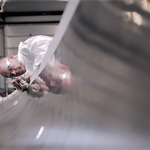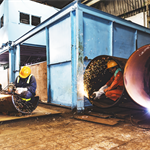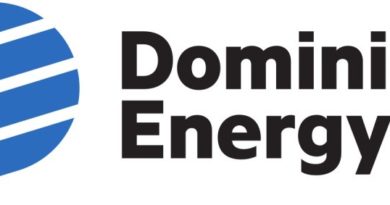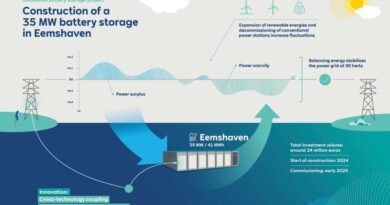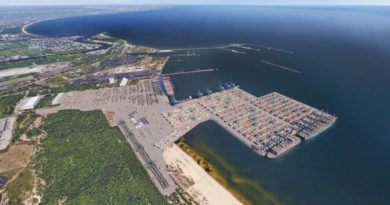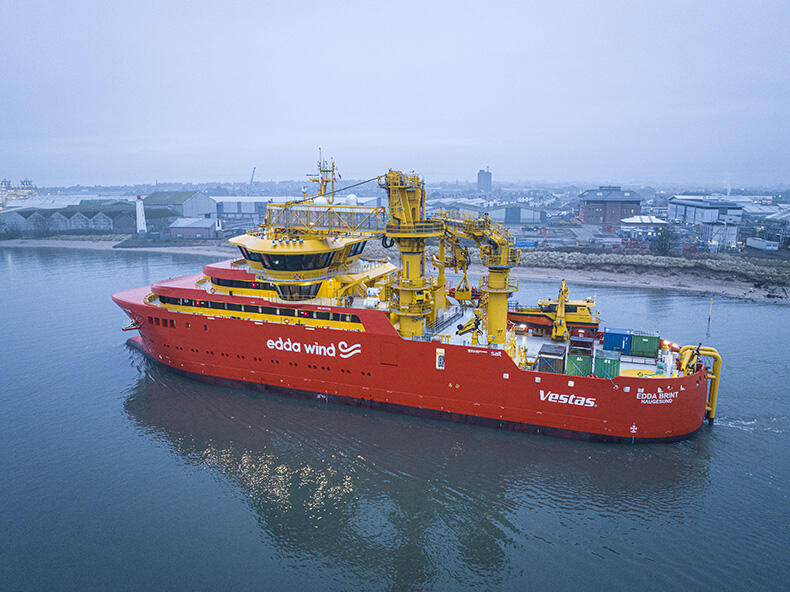EU’s Net-Zero Industry Act aims to bring home clean tech production
Energy Disrupter
General – European Commission
The European Commission tabled its net-zero industry act on Thursday (16 March), setting a goal for the EU to domestically produce at least 40% of the technology it needs to achieve its climate and energy targets by 2030.
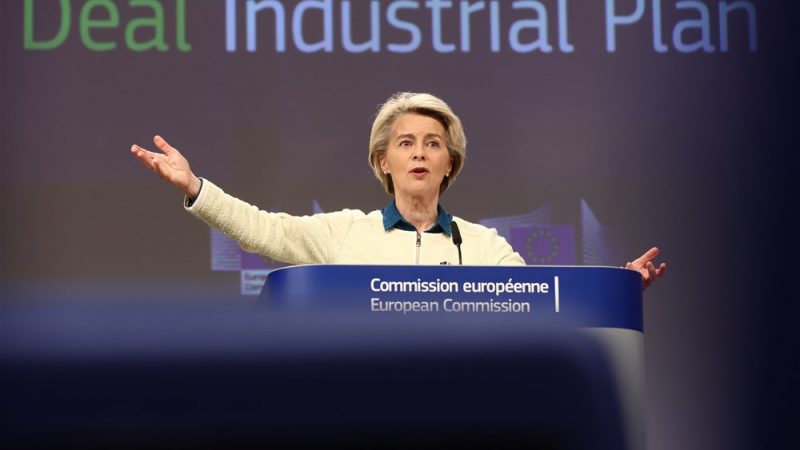
“We need a regulatory environment that allows us to scale up the clean energy transition quickly,” said European Commission President Ursula von der Leyen.
“The net-zero industry act will do just that. It will create the best conditions for those sectors that are crucial for us to reach net-zero by 2050: technologies like wind turbines, heat pumps, solar panels, renewable hydrogen as well as CO2 storage,” she added.
The proposed law aims at speeding up permitting and increasing access to finance for clean tech. Supported technologies include solar, wind, batteries and storage, heat pumps and geothermal energy, electrolysers and fuel cells, biogas/biomethane, carbon capture, utilisation and storage, and grid technologies.
Under the law, each of these should aim to have two fifths of their production in the EU by 2030, although this won’t be a legal obligation.
“We aim to manufacture at least 40% of our deployment needs in Europe. Of course, we will continue to trade with our partners. Not everything will be made in Europe, but more should be made in Europe,” said EU climate chief Frans Timmermans.
EU officials were quick to clarify that the 40% was a political objective but not a legal requirement. “To be very clear, we are not going to get individual companies to court if we don’t get to the 40% [benchmark],” said a senior Commission official.
“The intention is to make sure that, with this benchmark, we can pay attention to all key stages of the value chain. For instance, we may be very good at manufacturing solar panels but may have a major dependency when it comes to wafers, which is one of the key components,” the official explained.

Nuclear energy and sustainable alternative fuels technologies are also mentioned, opening the door to state support schemes, like quicker permitting rules. However, they are not counted as strategic net-zero technologies, limiting available support.
The new law could be a springboard for European companies in a race against global competitors to reach net-zero emissions, according to Ursula Woodburn, director at the Corporate Leaders Group Europe, a business association.
“Through setting net zero industry manufacturing targets, mobilising funds, building enabling conditions, creating Europe-wide academies to accelerate upskilling and reskilling and establishing a platform to coordinate efforts of member states, the net zero industry act can put in place a strong framework for decarbonisation of European industry,” she added.
However, the list of technologies should also include deep industrial decarbonisation, according to Cleantech for Europe, a business group representing those developing, investing in clean technologies.
“Completely designing out emissions from production processes is greatly preferrable to capturing and storing emitted carbon, to which the NZIA attributes great importance,” the group said, calling on the European Parliament and Council to improve the proposal by expanding the scope to deep industrial decarbonisation technologies.
Meanwhile, the geothermal industry welcomed its inclusion in the list of strategic technologies.
“The political recognition given to geothermal energy is a good first step. Now we need a geothermal action plan to unlock geothermal investments,” said Sanjeev Kumar, head of policy at the European Geothermal Energy Council.
Speeding up permitting
According to Timmermans, the law sets up the needed regulatory conditions to make the increase in EU clean tech production a reality.
“It, first of all, enables faster permitting, shorter deadlines, one stop shops – easier procedures,” he said.
“For a set of crucial technologies, like wind, solar and batteries, member states may choose to grant projects priority status as net-zero strategic projects,” he added, referring to the list of strategic technologies that can apply for this special status.
“These projects could then be considered of overriding public interest and benefit from even shorter permitting deadlines of 9 to 12 months, compared to 12 to 18 months without such a designation,” he told journalists.
The EU has seen a decrease in investments, due to a shortfall in scale-up capital, according to Cleantech for Europe. Quicker permitting may therefore give EU industry a competitive edge, particularly as the US is unlikely to make progress on its permitting rules, the business group said.
The law says that EU countries can use revenues from the EU carbon market allocated for climate-related purposes alongside money from EU pots, like the recovery fund and the Innovation Fund.
EU countries should also accelerate and crowd-in private investments in net-zero strategic projects to speed up their implementation, according to the draft law.
Further financing is still to be announced with the European Sovereignty Fund, due to be announced in the summer, forming a more structural answer, the European Commission said.
Countering global competition
The net-zero industry act comes in response to European fears that its industry will lose out to the US and China, which benefit from generous subsidies and government programmes.
“The fact that we’ve been working on this since September shows that this is based on the decision made by the Biden administration to set up his famous Inflation Reduction Act on the 14th of August,” said EU internal market chief Thierry Breton.
Original Source: https://ocean-energyresources.com/2023/03/18/eus-net-zero-industry-act-aims-to-bring-home-clean-tech-production/


